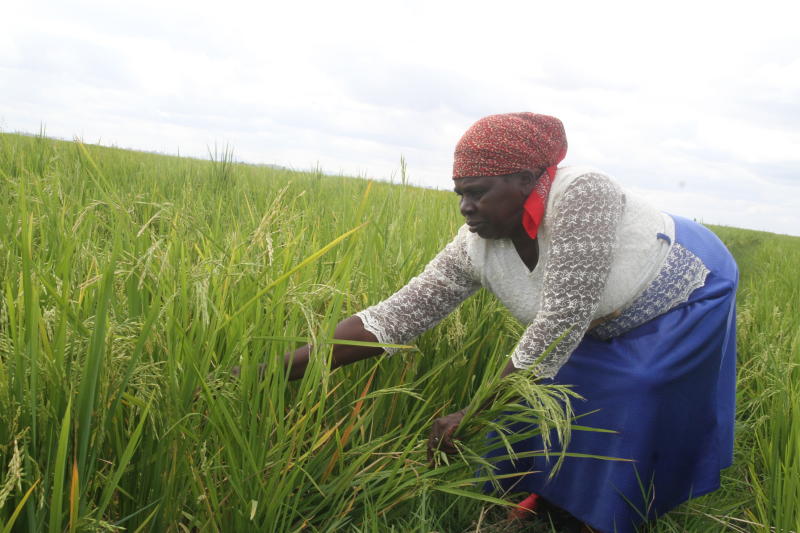×
The Standard e-Paper
Kenya’s Boldest Voice

As the planting season sets in, debate on quality of fertiliser remains the elephant in the room as farmers grapple with increasingly depleted soils that have led to dwindling production.
A government report last year indicated that Kenyan soil in active agricultural areas was becoming acidic and, unless there was intervention, it would continue wearing out.